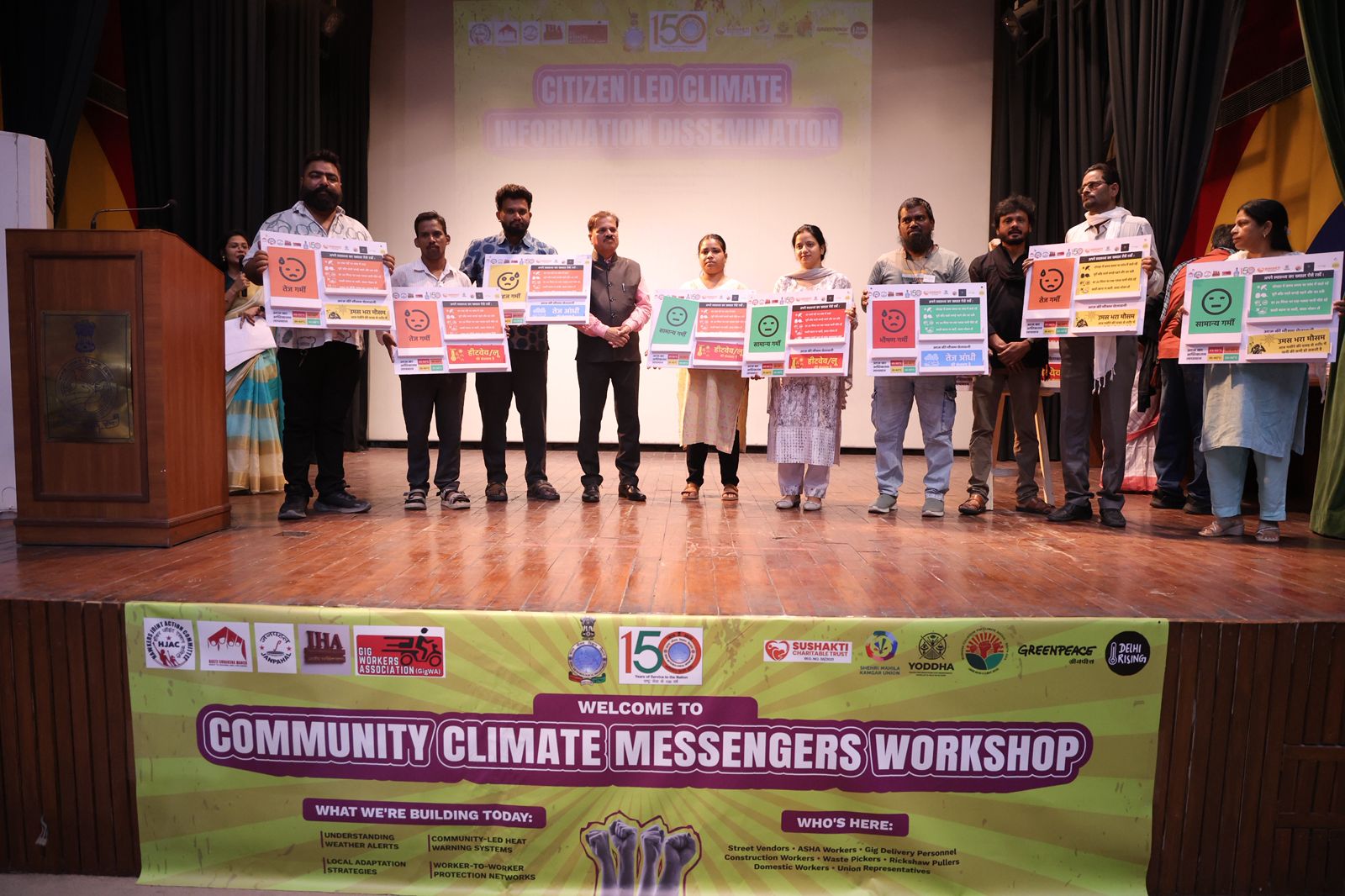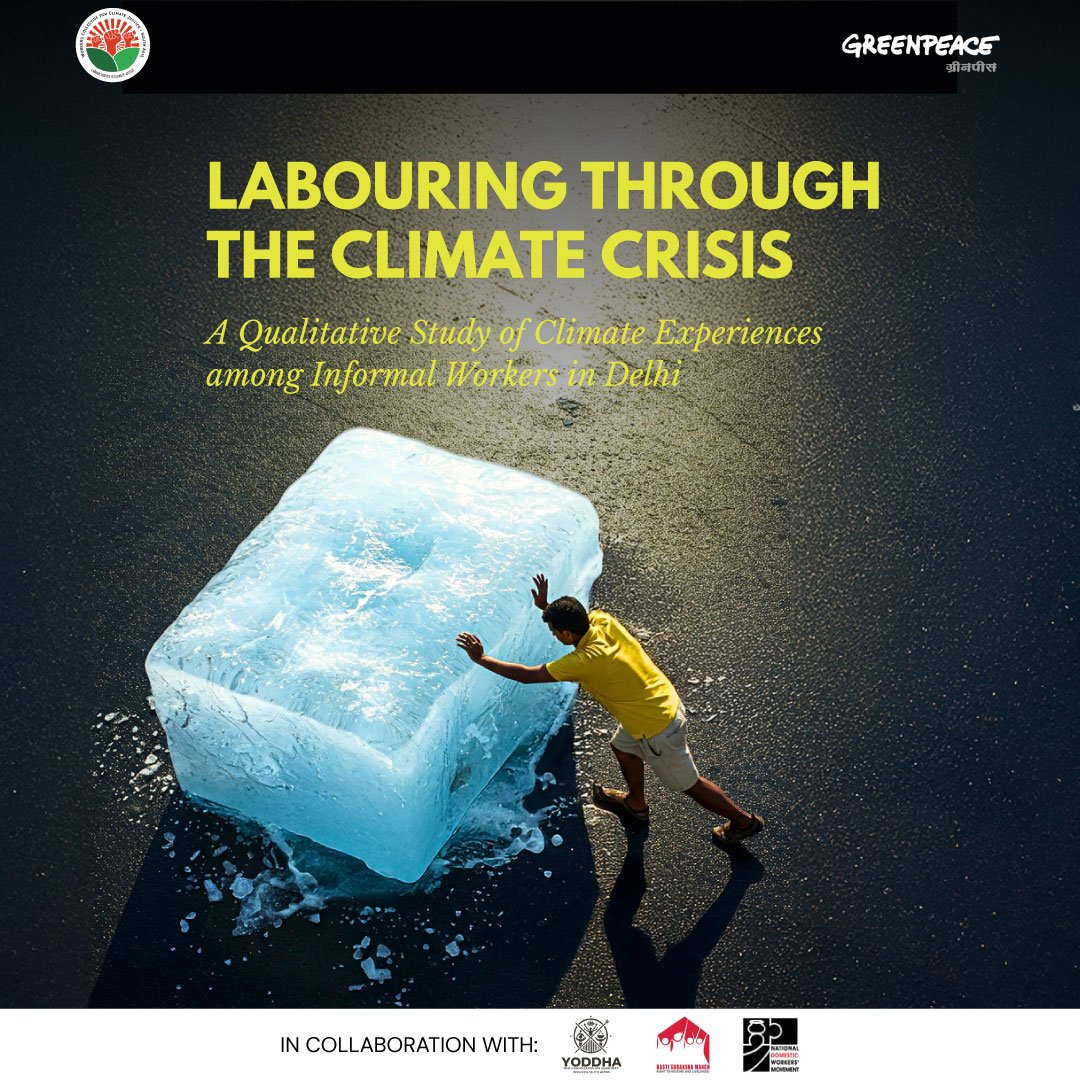Patna, 16 April: Under-nutrition and anemia are the biggest challenges we are facing today and climate change along with Covid-19 pandemic have added to this major health crisis. A large part of the population is unable to access healthy and mineral rich food due to unemployment and poor economic conditions.
The Central government believes that fortified rice will help in fighting this crisis and for this it has decided to distribute fortified rice in all States through a public distribution system (PDS), mid-day meal and Integrated Child Development Services (ICDS). In Bihar too the fortified rice will be distributed at PDS, ICDS and in mid day meals.
In a RTI response, the Ministry of Consumer Affairs, Food and Public Distribution could not provide any specific survey or data when asked the scientific basis for the pilot project of rice fortification. The Ministry mentioned that the National Family Health Survey- 4 (NFHS-4) survey was taken into consideration for approving the Centrally Sponsored Pilot Scheme on ‘Fortification of Rice and its Distribution under Public Distribution System’ for a period of 3 years beginning in 2019-20. It maintained, “Third-party evaluation of the ongoing pilot scheme is due in the third year i.e. in 2021-2022,” which hasn’t been done yet.
“The fortification project is not formulated from a sound medical science point of view. Any one food item cannot provide all nutrients in adequate amounts. Solutions to anemia, hunger and malnutrition can only be resolved by introducing diverse foods like several cereals, pulses, fruits, vegetables and even animal foods into the diet rather than looking for a one bullet solution like fortification,” said Dr Veena Shatrugna, Former Deputy Director of the National Institute of Nutrition.
Another RTI response from Indian Council of Medical Research, National Institute of Nutrition (ICMR-NIN) if they had conducted any study to estimate the wholesome impact of the chemically fortified food on the health of people with special focus to pregnant mother, feeding mothers, under five year children, undernourished and malnourished children. ICMR, in the response mentioned that they’ve not conducted any study to ascertain the impact of chemically fortified food.
Interestingly ICMR said that it did conduct a double blind randomized controlled study in government primary school children (5-11 year age group) on chemically fortified rice served as part of their mid day meal. But their findings showed, “iron fortified rice has a similar effect as mid-day meal on improvement in anemia,” which clearly raises doubts on the government’s assumptions that fortified rice could be helpful in eradicating anemia. It also means if mid-day meal schemes are improvised, added with diversity and effectively implemented they can be a boost in the fight against malnutrition and anemia.
According to the report titled “Organic Bihar: The Key to Food Diversity” prepared by Jeevika and Greenpeace India, the nodal agency of the Government of Bihar, organic kitchen gardens are beneficial for health. Not only this, but these kitchen gardens have potential to bring positive change to society, economy and the environment as well.
The participants included in this survey have said that organic kitchen gardens provided diverse, nutritious and safe food to families and communities during the pandemic, when their livelihoods were severely affected.
According to farmers, on an average, they grow ten types of vegetables in all three seasons- Rabi, Kharif and summer. The use of organic manure has increased the water holding capacity of the soil. It remains moist for a long time and less water is required for cultivation now.
The agricultural roadmap of Bihar says that organic agricultural fields have increased in recent years. In 2016-2017 organic farming was being done in just 100 hectares of land which has increased to 21000 hectares in 2020-2021.
“When the organic movement is gaining momentum across the state, promoting unscientific techniques would discourage farmers. Not only would it have a negative impact on their health but would also add to the economic cost of the State. Enough research is available to suggest that only dietary diversity can ensure eradication of malnutrition and anemia. The government must focus on making mid day meals and PDS more effective by making it regular and also adding adequate nutritional value,” said Ishteyaque Ahmed, Senior Campaigner at Greenpeace India.
Report Link
For more information:
Rohin Kumar: +91-9013971997


